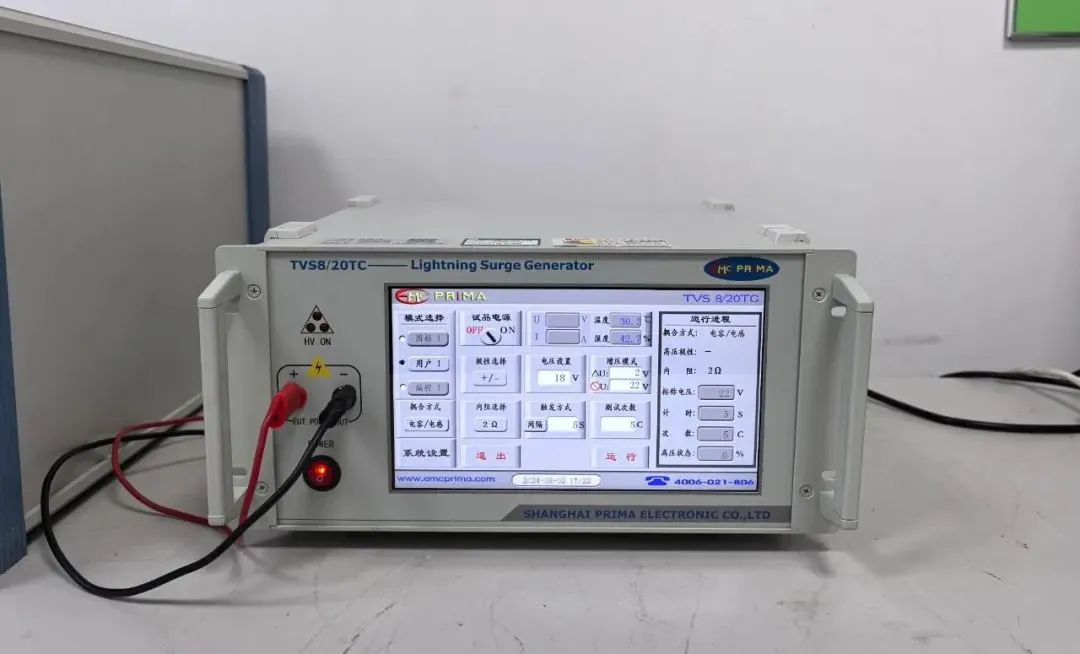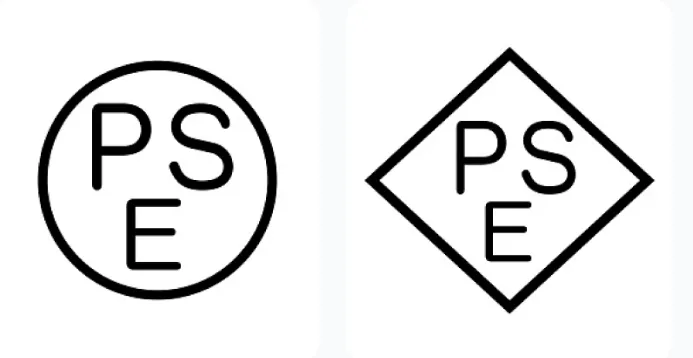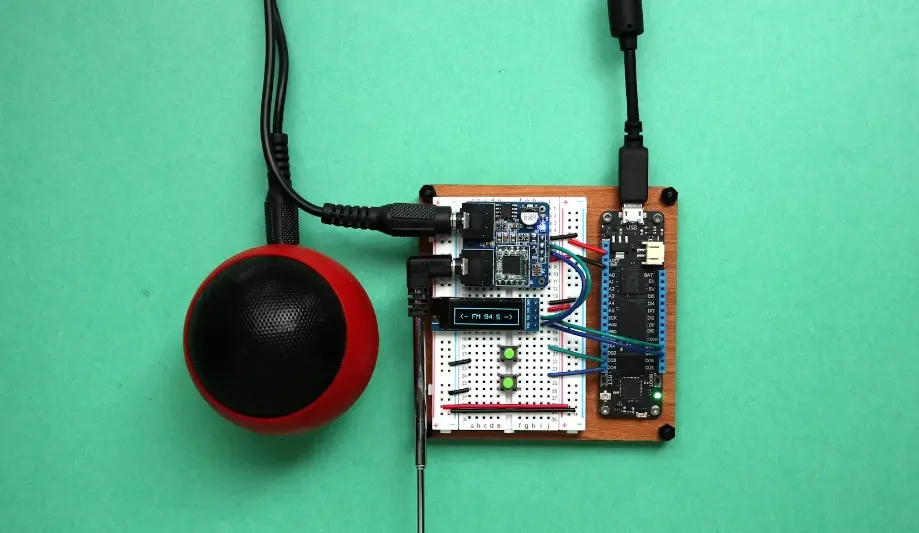
What is US DoE、CEC and Energy Star Certification?
What is US Energy Efficiency Certification?
US energy efficiency certification, especially the Department of Energy (DoE) and Energy Star certification, is crucial for products entering the US market. These certifications ensure that products meet strict energy efficiency standards, thereby REDucing electricity consumption and greenhouse gas emissions. Additionally, products certified under these programs are typically seen as high-quality and high-performance, which helps enhance brand image and market competitiveness.
US energy efficiency certifications encompass several logos, including:
- Department of Energy (DoE)
- California Energy Commission (CEC)
- Energy Star
Department of Energy (DoE) Certification:
The Department of Energy (DoE) certification is an energy efficiency certification issued in accordance with relevant US electronic and electrical regULations. Its main purpose is energy conservation, helping users save electricity, thereby reducing energy demand and greenhouse gas emissions.
DOE Regulations:
US Federal Regulations: 10 CFR 429 and 10 CFR 430.
Among them, 10 CFR 429 specifies sample selection and reporting requirements; 10 CFR 430 specifies test methods and compliance declaration requirements.
Scope and Process of DoE Certification:
- DoE certification applies to various products, including battery chargers, televisions, washing machines, refrigerators, air conditioners, etc.
- The process of applying for DoE certification includes filling out an application form, providing samples, conducting laboratory testing, issuing test reports, and DoE registration.
Importance of DoE Certification:
- Products sold in the US market must meet DoE energy efficiency requirements.
- Through DoE certification, manufacturers can demonstrate that their products comply with the standards of the US Department of Energy, thereby enhancing market competitiveness.
California Energy Commission (CEC) Certification:
CEC certification is an appliance energy efficiency regulation implemented by the California Energy Commission (CEC) on December 30, 2005, to reduce California's energy consumption, improve energy systems, promote econoMIC development, and protect environmental health.
Scope and Standards of CEC Certification:
CEC certification applies to most residential and commercial appliances, including washing machines, refrigerators, air conditioners, etc. This certification signifies that the product meets California's strict energy efficiency requirements, recognizing its energy efficiency performance.
Importance of CEC Certification:
- By obtaining CEC certification, manufacturers can demonstrate that their products comply with the standards of the California Energy Commission, thereby enhancing market competitiveness.
CEC Certification Process:
1. Applicants submit product-related documents to the laboratory.
2. Engineers determine the standards, testing cycles, and certification fees based on the product information.
3. Applicants provide CEC certification samples and sample data.
4. Arrange CEC certification sample testing.
5. CEC certification agency processes the application.
6. CEC certification registration is completed.
Energy Star:
Energy Star is a voluntary testing and labeling program jointly promoted by the US Environmental Protection Agency (EPA) and the US Department of Energy (DoE). It encourages a wide range of technology and appliance manufacturers to consider energy efficiency in product design to reduce energy consumption and protect the environment.
Scope and Standards of Energy Star Certification:
- Energy Star certification applies to various products, including room air conditioners, refrigerators, washing machines, dryers, light bulbs, heat pump water heaters, commercial dishwashers, air source heat pumps, etc.
- Products applying for Energy Star certification must be tested in independent Energy Star laboratories to ensure compliance with Energy Star's energy efficiency requirements.
Importance of Energy Star:
- Energy Star certification is an important symbol for products sold in the US market.
- Products certified with Energy Star demonstrate compliance with the strict energy efficiency standards of the US Department of Energy and the Environmental Protection Agency, enhancing market competitiveness.
Energy Star Certification Application Documents:
- Complete product sets (1-2 sets)
- Application form
Energy Star Certification Processing Time:
- Approximately 2-3 weeks
How are the three energy efficiency certifications different?
- DoE: Mandatory certification by the US Department of Energy, products listed must obtain DoE certification, following US federal standards.
- CEC: Energy efficiency standards in California, products sold in California must meet cec energy efficiency requirements.
- Energy Star: Voluntary certification with standards typically stricter than US federal standards, emphasizing superior energy efficiency performance.
For consumer electronics products, CEC and DoE use the same testing methods and can be applied for simultaneously, requiring only one test.
We are a laboratory in China, specializing in EMC (Electromagnetic Compatibility), Radio Frequency & Communications, Electronic Product Safety, Environmental Reliability, Energy Efficiency, and Physical and Chemical Testing. (We can help foreign manufacturing companies save up to 30% in certification testing costs, Email: hello@jjrlab.com)
FAQs
Q: Is DOE certification registration required?
A: Yes, registration is required, and clients need a US importer.
Q: How long does it take to process DOE certification?
A: DOE certification processing time is 3-4 weeks.
Q: What are the differences between DOE certification and CEC certification?
A: California CEC requires meeting charging energy demand (CEC-400-2017-002: (W)), while US DOE requires product unit energy consumption (EERE-2008-BT-STD-0005-0256). The standards are different depending on the region, but since the testing methods are the same, the test data can be shared.
Q: Can charging products obtain US DOE certification?
A: Charging products can apply for US DOE certification based on battery charging systems. Most products with built-in rechargeable batteries need to apply for US DOE certification based on battery charging systems.
Email:hello@jjrlab.com
Write your message here and send it to us
 Canadian Rug Flammability Testing
Canadian Rug Flammability Testing
 Toy Flammability Test Compliance Certification
Toy Flammability Test Compliance Certification
 ISO 17025 Accredited Test Laboratory
ISO 17025 Accredited Test Laboratory
 What is Amazon California Proposition 65?
What is Amazon California Proposition 65?
 New METI Registration Regulations in Japan
New METI Registration Regulations in Japan
 Attention for Amazon Japan Sellers: New PSE Regula
Attention for Amazon Japan Sellers: New PSE Regula
 Compliance with Japanese Representative & METI
Compliance with Japanese Representative & METI
 ZigBee-LoRa-Z-Wave Product compliance testing
ZigBee-LoRa-Z-Wave Product compliance testing
Leave us a message
24-hour online customer service at any time to respond, so that you worry!




